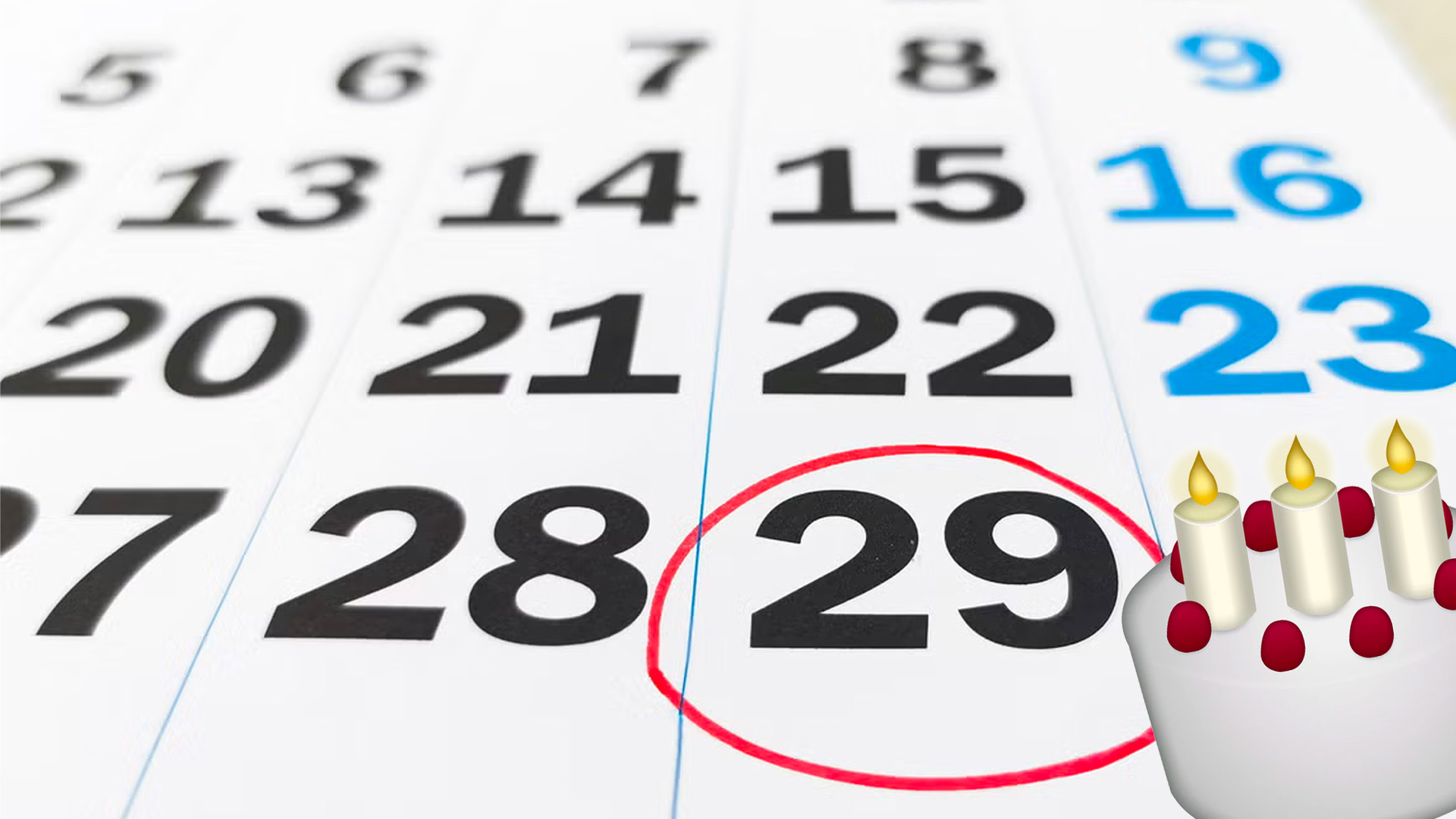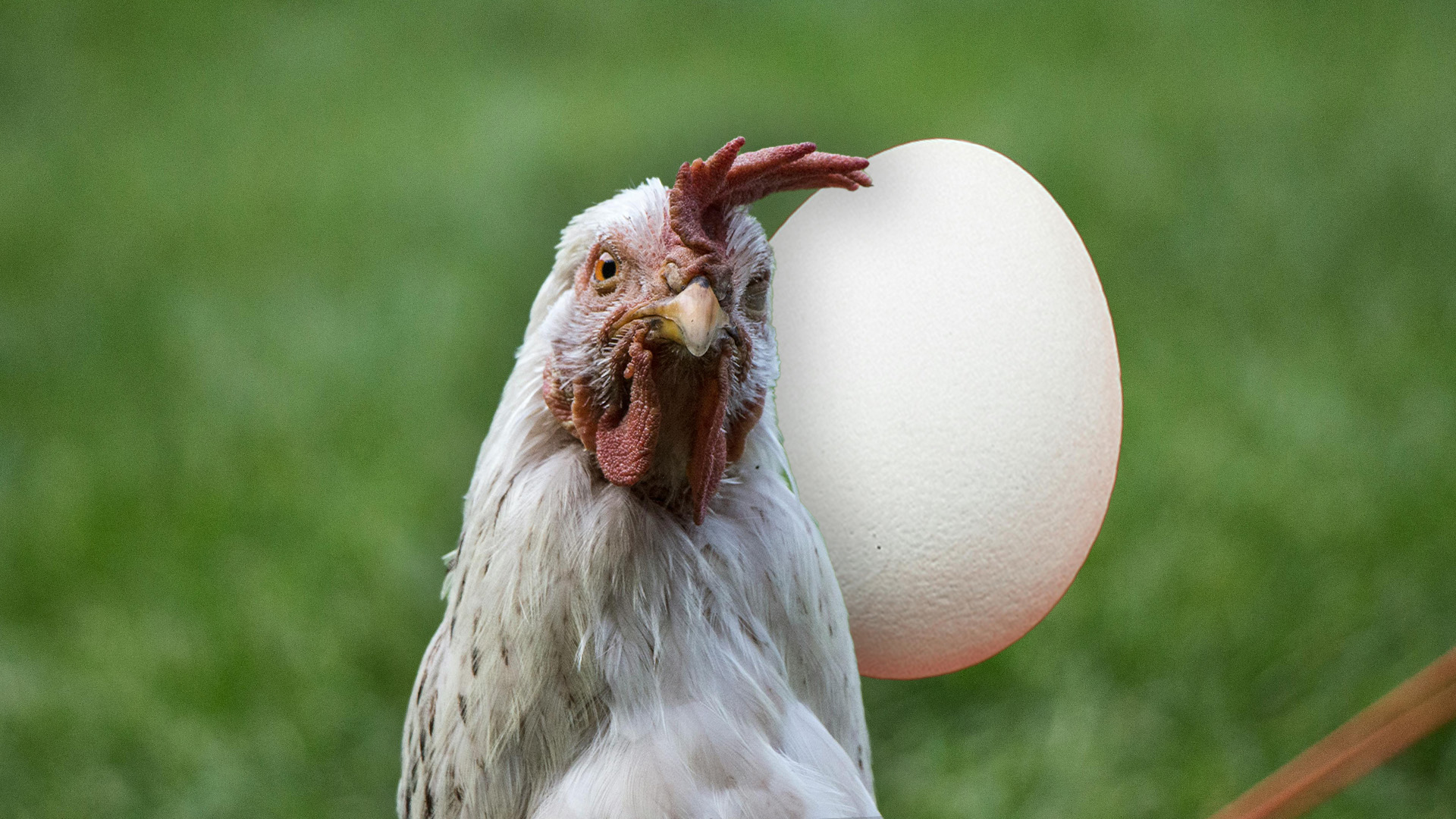
In a gripping parliamentary session on Wednesday, Opposition Leader Bernard Grech delivered a scathing critique of the government’s handling of construction site safety, particularly in light of the tragic death of Jean Paul Sofia. Grech called for accountability and reform within the Maltese government and the local construction laws and regulations.
Opening his address, Grech called for a moment of silence to honour Jean Paul Sofia and commended his family’s unwavering determination for justice amidst adversity. He emphasised the significance of their perseverance in the face of threats and insults.
Grech then delved into a sobering recollection of recent construction-related incidents, including collapses and fatalities, painting a stark picture of systemic failures and negligence. He highlighted the emotional toll on families and the broader community, stressing that each tragedy represented a profound loss of life and shattered dreams.
The Opposition Leader criticised the government’s inaction and resistance to calls for a public inquiry into Jean Paul Sofia’s death, accusing them of prioritising political expediency over justice. Grech condemned what he described as a “culture of impunity” within the construction industry and lambasted the government’s failure to enforce regulations effectively.
Quoting extensively from the Public Inquiry report, Grech underscored its findings, including irregularities in regulatory oversight and systemic incompetence. He pointedly questioned why key government officials, including Ministers Stefan Zrinzo Azzopardi, Miriam Dalli, and Silvio Schembri, remained in their positions.
Throughout his speech, Grech rebuffed accusations of political opportunism, asserting that his advocacy for justice was not driven by populism but by a fundamental duty to uphold the rule of law and protect citizens’ safety.
In his conclusion, Grech reiterated the imperative for accountability and immediate action to prevent further tragedies. He thanked the Sofia family for their courage and resilience, affirming his commitment to securing justice on their behalf and for all Maltese citizens.
#MaltaDaily









